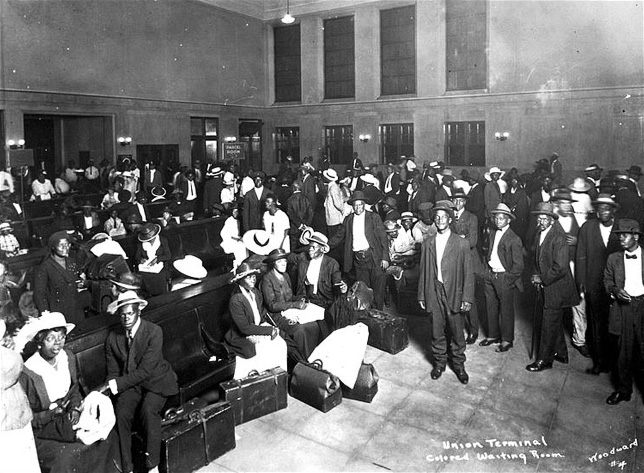
Map of World with Participants in World War I :
Allies- in green
Central Powers- in orange
Neutral- in grey
The triggering event cause of World War I was the assassination of Archduke Franz Ferdinand, heir to the Austro-Hungarian throne, in 1914. The fact that the assassination did not lead to a war of two nations, but a war among many nations around the whole world, has to do with the alliance system in the era. Although the actual causes of the war are complicated, the escalation of the size of the war can be partly attributed to the alliance treaties.
For the readers’ convenience, some of the entrances of the participants will be listed below:
1. Austria-Hungary- declared war on Serbia due to the assassination.
2. Serbia- became a participant by Austria-Hungary’s war declaration.
3. Russia- allied to Serbia by their treaty
4. Germany- allied to Austria-Hungary by their treaty
5. France- allied to Russia
6. Britain- allied to France. Since Britain has entered the war, her many colonies have became participants, whether with direct military support or financial support.
7. Australia, Canada, India, New Zealand, and the Union of South Africa- entered the war because of their ties with Britain
8. Japan- entered the war due to its treaty with Britain.
As we can see, over 10 additional nations were involved because of their alliance treaties with other nations. Although some nations have entered the war with reasons of their own, it is undeniable that the alliance treaties were strong factors for the escalation of the war to a world-wide scale.











 The main reason for the American entry into World War I was the German use of submarine warfare (1917), violating the United State right to freedom of the seas. German was suffering from near- starvation due to a lack of supplies and food. German military leaders feared they would lose the war unless they could defeat Britain and France quickly. They therefore took a risk by announcing they would they would sink any ship in the blockaded areas. This was a clear violation of the American principle of freedom of the seas that neutral parties have the right to ship non-war goods to nations at war. When German followed up its threat by ordering its submarines to sink three unarmed American merchant vessels, Wilson asked congress for a declaration of war against German.
The main reason for the American entry into World War I was the German use of submarine warfare (1917), violating the United State right to freedom of the seas. German was suffering from near- starvation due to a lack of supplies and food. German military leaders feared they would lose the war unless they could defeat Britain and France quickly. They therefore took a risk by announcing they would they would sink any ship in the blockaded areas. This was a clear violation of the American principle of freedom of the seas that neutral parties have the right to ship non-war goods to nations at war. When German followed up its threat by ordering its submarines to sink three unarmed American merchant vessels, Wilson asked congress for a declaration of war against German. Nationalism is one of the causes of World War I. Nationalism is what made people become proud of their country. It also makes them support and fight for their country. Including imperialism and militarism, countries started to increase their armies power. Countries like Italy, Germany, Russia, and France became great powers. Nationalism encourage countries to be independent. Other countries that weren’t a great power like Serbia wanted to be independent because of Nationalism. They wanted to form their own country and be separate.
Nationalism is one of the causes of World War I. Nationalism is what made people become proud of their country. It also makes them support and fight for their country. Including imperialism and militarism, countries started to increase their armies power. Countries like Italy, Germany, Russia, and France became great powers. Nationalism encourage countries to be independent. Other countries that weren’t a great power like Serbia wanted to be independent because of Nationalism. They wanted to form their own country and be separate.








